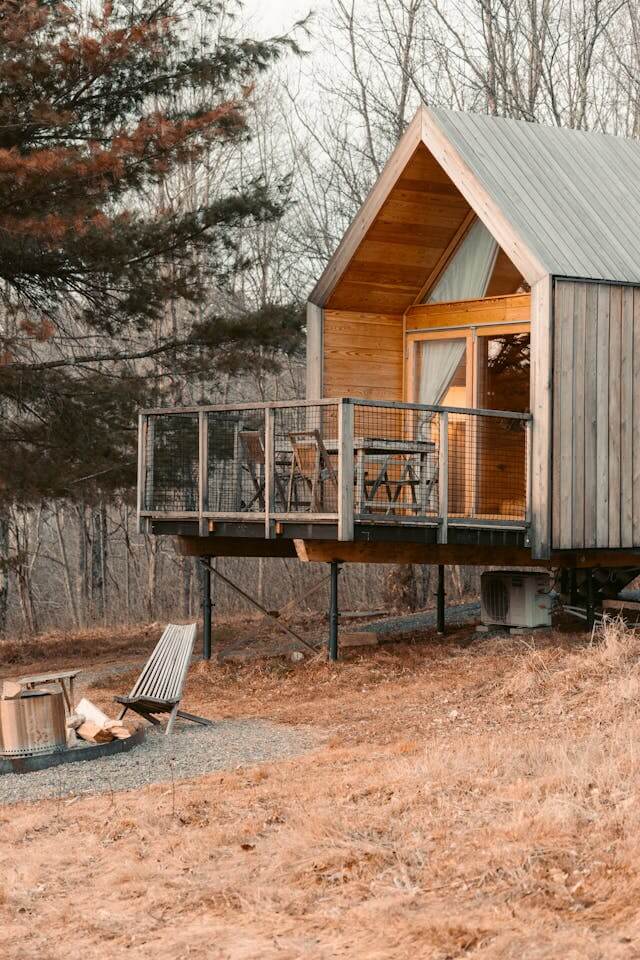Pennsylvania Tiny House Zoning Laws Overview
Pennsylvania uses the Uniform Construction Code, administered by the Department of Labor and Industry, for statewide building standards while zoning is set locally by municipalities and counties. A foundation built tiny home that meets dwelling definitions is reviewed under the residential portions of the UCC by the local code official or a third party agency where the municipality has opted out. Tiny houses on wheels are commonly treated like recreational vehicles for registration, so living in one full time depends on local zoning allowances and whether permanent utility connections are permitted. Because Pennsylvania spans lake coast, ridge and valley, and urban cores, feasibility varies by parcel. Applicants should confirm who has zoning authority, verify whether the district allows an accessory dwelling unit or small detached home, and coordinate with the health department on on site wastewater where public systems are not available. Mapping floodplains, steep slopes, driveway grades, and fire access early helps produce a permit ready plan set and reduces costly redesign.
Pennsylvania enforces the Uniform Construction Code statewide. Whether a tiny home can be occupied full time is decided by local zoning and utilities.
Understanding the zoning laws is just the first step. Once you know what is legal in Pennsylvania, you can start looking at tiny houses for sale in Pennsylvania or connect with experienced Pennsylvania builders who work within these regulations. If you want a turnkey solution, consider joining a tiny house community in Pennsylvania where all the zoning and permits are already handled.
Before you buy land or start construction, use our zoning finder tool to check specific county requirements, and get a budget estimate with our free tiny house cost calculator. If you're planning to go off-grid, check out our comprehensive off-grid living guide to understand utility and septic requirements.
